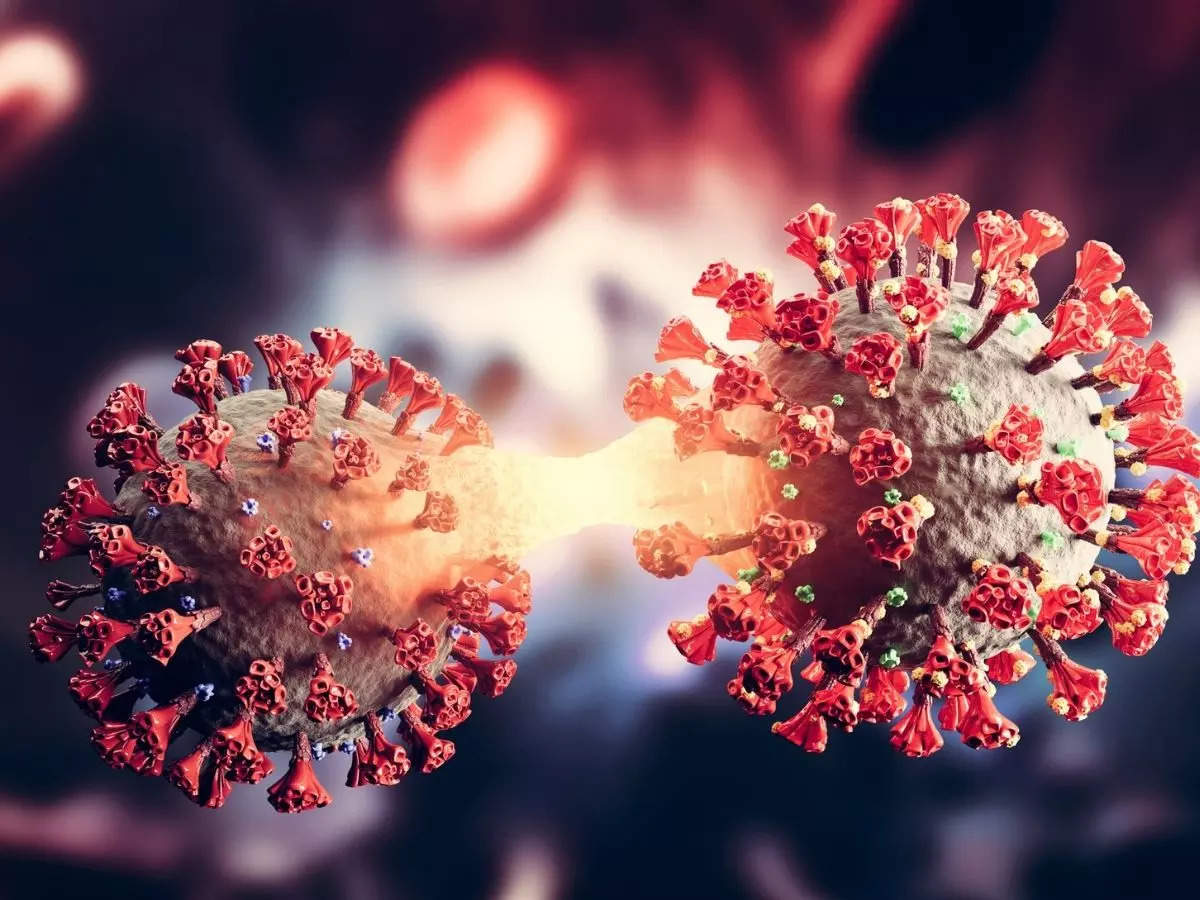Omicron variant could replace Delta strain globally: Head of Russian Gamaleya Institute
The Omicron variant of Covid-19 could eventually replace the Delta variant, as it is already happening in South Africa, Alexander Gintsburg, the director of Russia's Gamaleya Research Center for Epidemiology and Microbiology, told Sputnik.

"Reports are coming in that in South Africa it is replacing it rather fast. So everything is possible," Alexander Gintsburg said.
Also Read | Miss Universe 2021: Harnaaz Sandhu’s reply to this question made her win top beauty pageant

According to the director of the Russian Gamaleya Institute, the effectiveness of the Russian Sputnik V vaccine against the Omicron variant of Covid-19 will be tested within ten days.
Also Read | Of 7 Omicron cases in Pune, 5 tested negative, others stable: Maharashtra Dy CM
Earlier this month, Gintsburg told Sputnik that the Gamaleya institute confirmed that the patients infected with Omicron who had arrived in Russia from South Africa had been vaccinated.

At the end of November, Gintsburg said that any decisions on replacing the existing vaccine will be made only after complete data on Omicron becomes available. If necessary, the development of a new vaccine will take no more than ten days and regulatory procedures will take anywhere between 45 days and two and a half months, Gintsburg specified.
Earlier in December, South African President Cyril Ramaphosa said that the Omicron coronavirus variant accounts for most of the new Covid-19 cases in the majority of South African provinces.
The Omicron strain was first identified in South Africa in late November. The World Health Organization (WHO) designated the strain as a variant of concern due to its high transmissibility rate.
-PTC News
